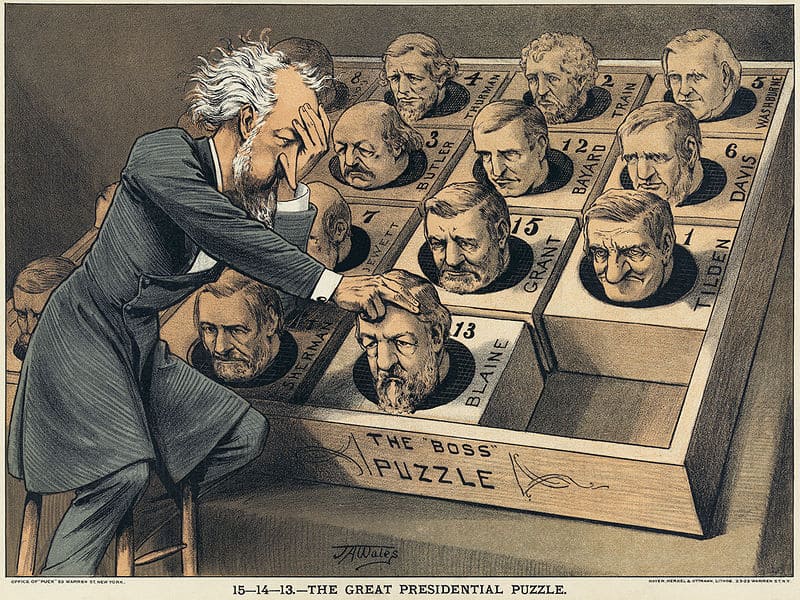The American electoral process has a long and often ignored history of various shenanigans manipulating the role of the voter in the democratic process. It is widely believed that English settlers brought the democratic process to the shores of North America though they did not. The regions of North America first settled by the English – Virginia and Massachusetts – were both peopled by tribes which used forms of representative government when the Europeans arrived. Voting in Colonial America became a practice performed by men, and rapidly involved into one in which only property owners participated.

ADVERTISEMENT - CONTINUE READING BELOW
Voting was at first by voice, in an open setting, before all other voters and witnesses. This continued to be the practice when the people voted for representatives and when those representatives voted in open session. Gradually, as settlements grew larger, polling places were established where the people gathered to express their views in the form of a vote, often as part of another celebration. As the election process became more complex, corruption entered therein, in many forms. Here are examples of voter fraud and election manipulation from American history.

ADVERTISEMENT - CONTINUE READING BELOW
1. The Mayflower Compact was not voted upon, but all male adult Pilgrims were required to sign
The Mayflower Compact, drawn up as an agreement by the adult male members of the party of Pilgrims in 1620, is often referred to as the first document in America to reflect democratic government. Recognizing that they were not under the sphere of the Virginia Company, which had been their plan when they departed from England, the Pilgrims decided that they needed a pact which would allow them to create their own laws, in accordance with those of the King of England, for the local governance of the fledgling colony.
The Mayflower Compact was more of a mandate by the leaders of the Pilgrims, which stated that the colony reserved the right to create local laws and regulate the behavior of the colonists. Once placed on paper, all adult males of the settlement were required to sign it, signifying that they were obligated to follow the laws thus established. There was no vote, and very little debate. The pact meant that the settlers, and their families, were to follow the rules which the local leaders established as being best for all, and failure to agree meant a return to England in Mayflower, which nobody at the time had much interest in doing.

